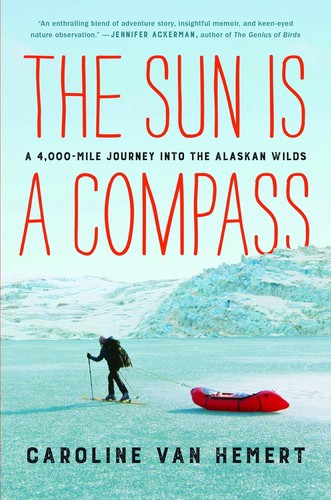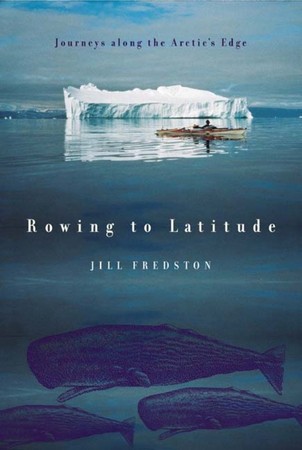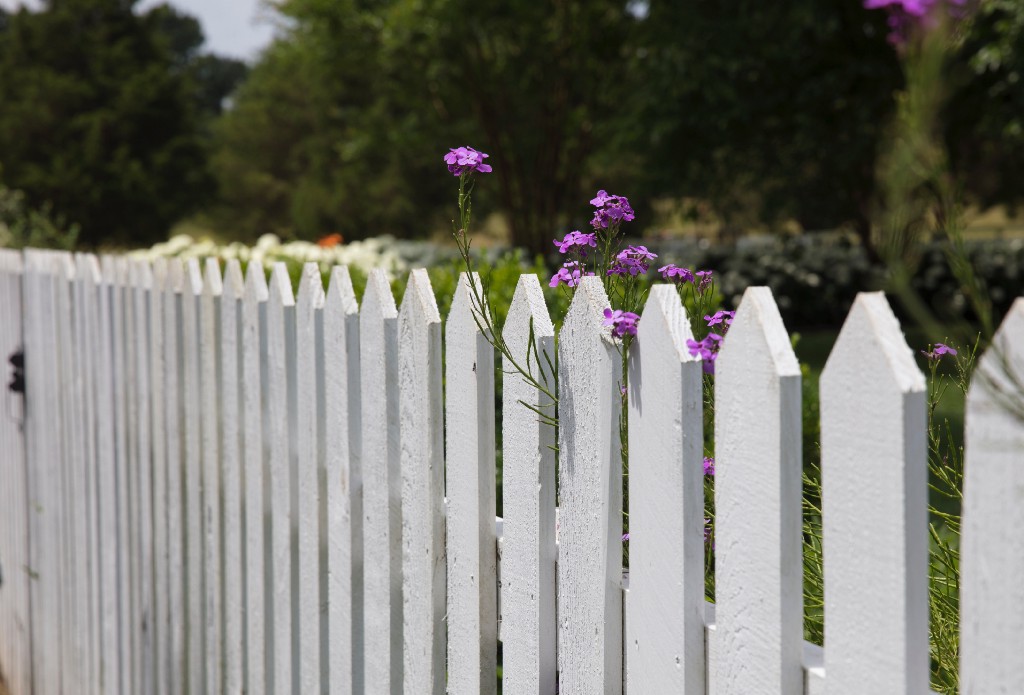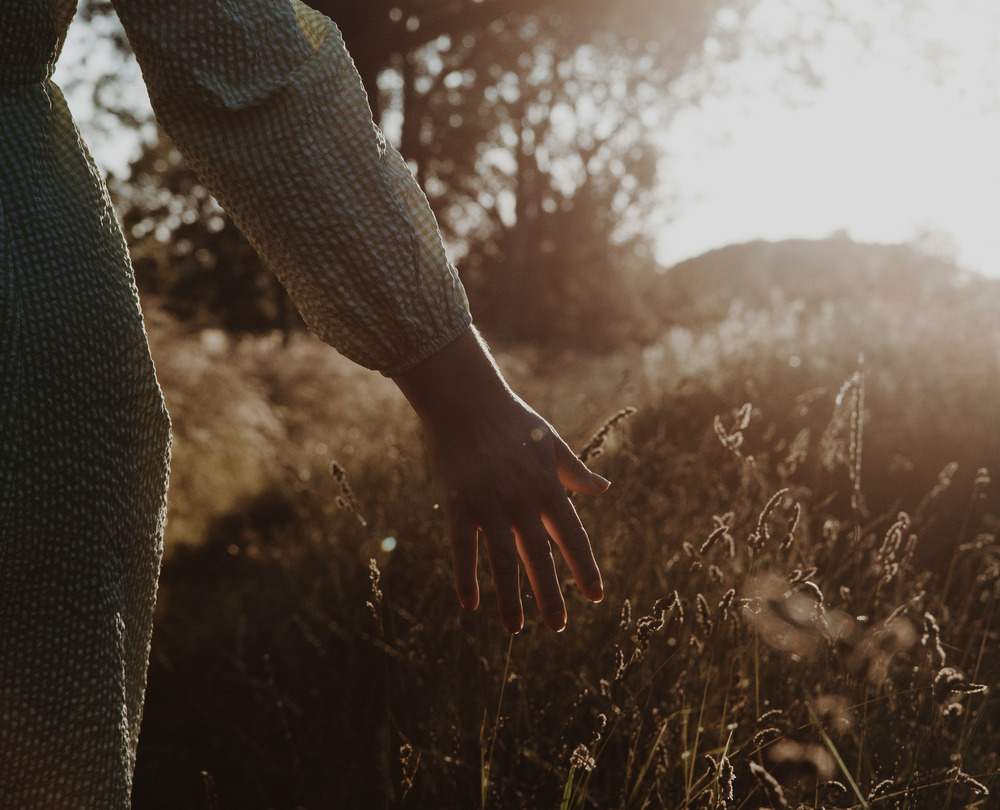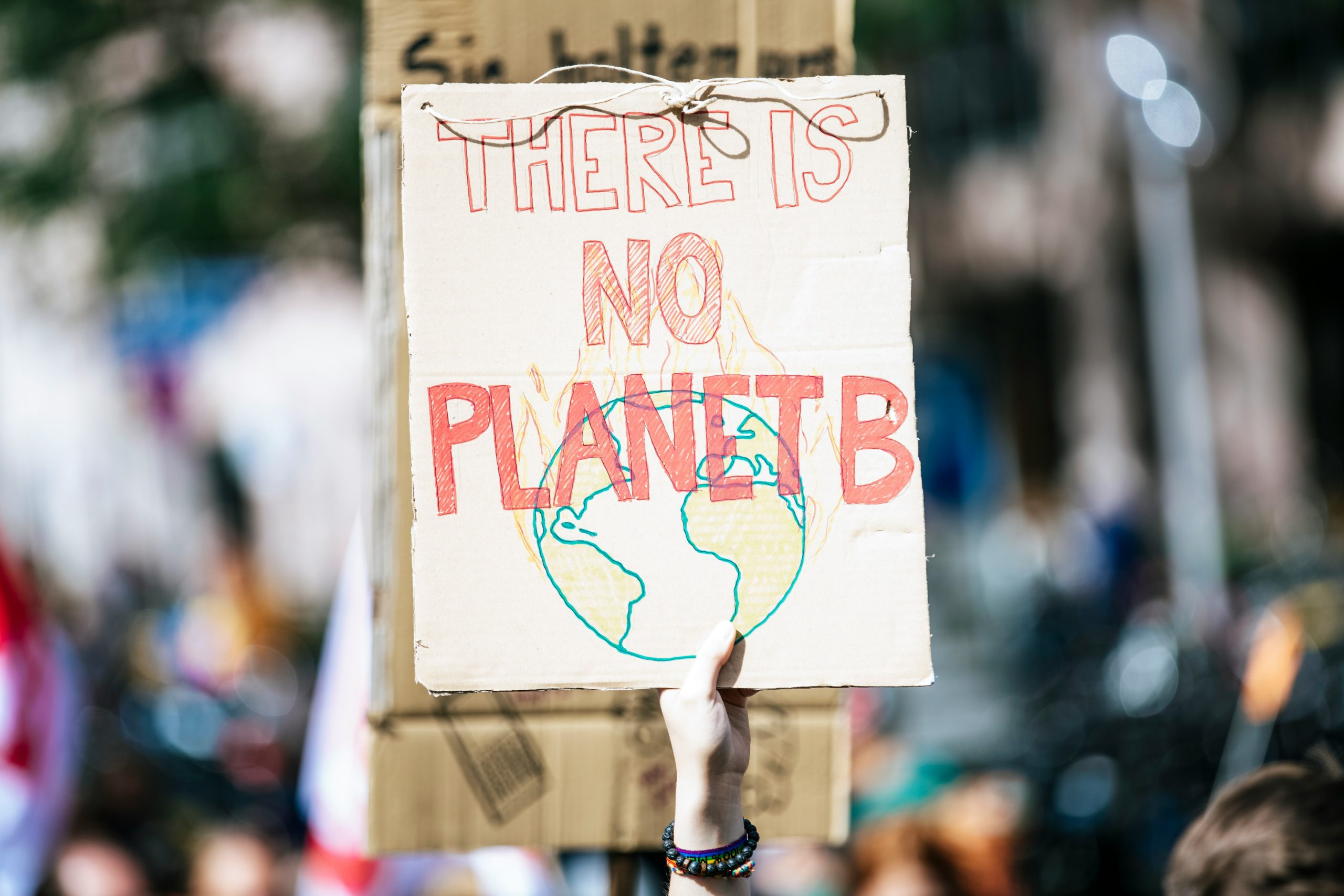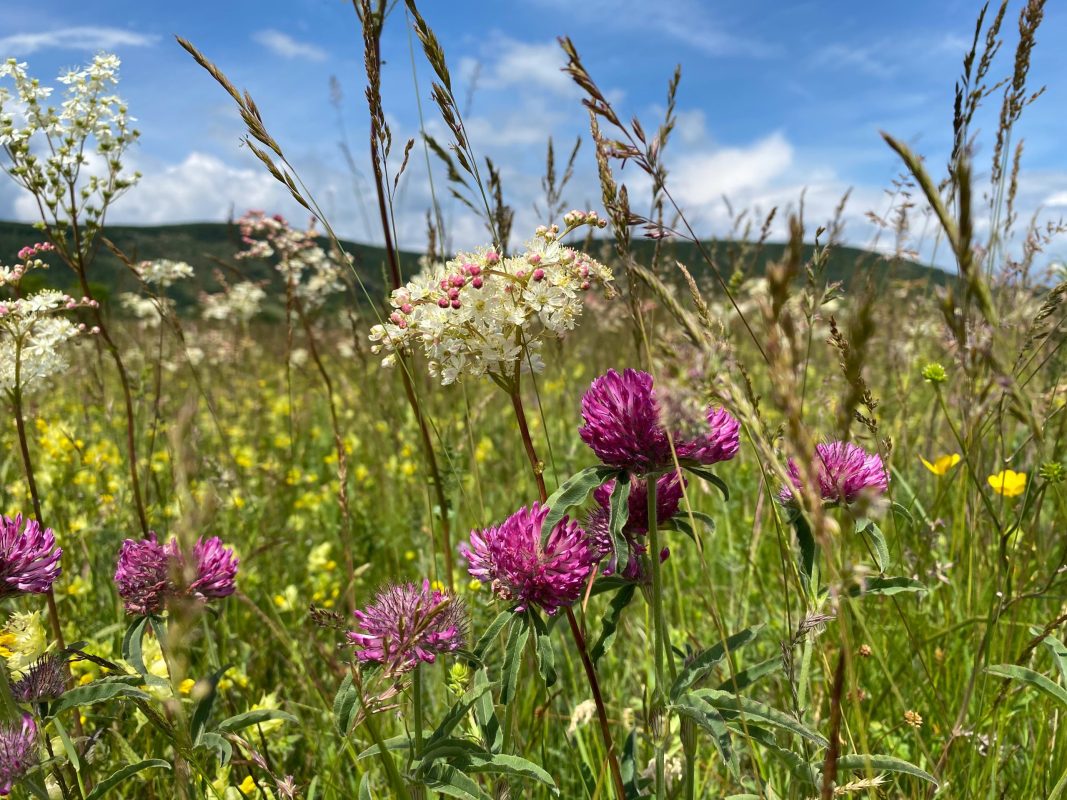Reading Lists
9 Books About Alaska for People with Iditarod Fever
Caroline Van Hemert, author of “The Sun is a Compass,” recommends books by Alaskans about the Last Frontier

When someone asks me what they should see when they come to visit my home state, I usually stare blankly, then offer the most useless of replies: “It depends on what you’re looking for.” But this is the truth, however paltry. There is no singular Alaska. A village on the frozen Chukchi Sea where trees exist solely in one’s imagination shares little in common with the state’s capital, a small city in the heart of the world’s largest temperate rainforest accessed only by water or air. Sleeping in a tent on the tundra is the antithesis of wandering the gritty, pseudo-cosmopolitan streets of downtown Anchorage where tuxedos brush shoulders with Carhartts, furs with fleece. And yet, there is a commonality: we are Alaskans, and it is the land that defines us most of all.
Like every place worth loving, Alaska has many different faces. They are not unified, and not all of them are beautiful. Caribou that trace ancient footsteps like arteries across the landscape. Oil wells that burn brightly against a moonless Arctic night. A history of exploration — of glacier-capped peaks, whale-rich fjords, uncharted territory on a scale that is difficult for most of us to fathom. A history of exploitation — of native lands, native people, and the natural resources that make this state both vulnerable and mighty. Alaska is as large in character as it is in size. It’s one of the rare places left on earth where a person can truly get lost. And yet, for all of its wildness, it’s the fragility of this land I love most. Watch a shorebird sit on its nest through a July snowstorm, defend its chicks against a grizzly nosing in the grass, then gather the courage to launch, yet again, on a journey across the globe.
My memoir, The Sun is a Compass, is a modern day adventure story about finding my way home through 4,000 miles of wild country. As a biologist and lifelong Alaskan, I take many of my cues from birds and other animals. They teach me things about myself, and the world, that I never knew I needed. When I found myself questioning my commitment to research, balking at the impending realities of adulthood, and recoiling from the fact of my father’s degenerative illness, Alaska’s wilderness took me under her wing. And what a magnificent wing it is. For six months, I traveled with my husband from Washington State to the Arctic Ocean and beyond. Along the way, we faced a predatory bear, felt the breath of caribou as they swallowed us in their folds, and learned that humility can be synonymous with joy. Perhaps the greatest gift Alaska offers is the reminder that each of us is insignificant and infinite at once.
Voices from Alaska reflect the diversity of our landscapes and our experiences within them. Here is a selection of books written about Alaska by Alaskans that explore connections to culture, place, and wilderness in the far north.
Where the Sea Breaks its Back by Corey Ford
From the first pages of this book, Ford takes us to the enchanted Aleutian Islands, where seabirds nest in the thousands, mummies rest in sea caves, and the ocean rules all. The book follows the dramatic voyage of Vitus Bering, including the shipwreck that leaves them stranded for nearly a year, but it is the party’s medical officer, Georg Wilhelm Steller, who steals the show. His ten hours in Alaska provided some of the most important reports of the local flora and fauna and his journal entries reveal a marvelous writer; the book is a treat for anyone interested in adventure, exploration, and natural history.
Ordinary Wolves by Seth Kantner
This novel, modeled after the author’s own experience growing up in a remote Alaskan cabin, explores the challenges of crossing boundaries — between bush life and city life, white and Alaska Native culture, idealism and reality. His Alaska is one of fresh caribou hides and dirty city streets, dog sledding on a frozen Arctic river and waiting in line at McDonald’s drive-thrus. Kanter has pulled off that rarest of feats, to write a book about Alaskans that Alaskans love.
Blond Indian by Ernestine Hayes
Blond Indian tells a story of both heartbreak and triumph in the coastal rainforests of southeast Alaska. The systematic cultural abuse and degradation of Alaska Natives that Hayes describes in her own family and community is a defining historical feature of our state, though its influence is too often overlooked by Alaskans and non-Alaskans alike. But don’t read this book because you should. Read it because it is a beautiful tribute to the messy, complicated, and essential relationships between place and our human condition.
The Firecracker Boys by Dan O’Neill
One of the most surprising and nefarious legacies of the Nuclear Age was almost realized on a small patch of tundra in northwestern Alaska. With the makings of a sci-fi novel, this meticulously researched work of nonfiction tells a tale of disaster narrowly averted, thanks to the efforts of Inupiat residents, scientists, and conservationists. O’Neill not only shares a riveting story, but reveals his talent as a science and nature writer.
To the Bright Edge of the World by Eowyn Ivey
Through characters as evocative as the land they explore, Ivey tells a story so rich in history and geographic detail that it’s easy to forget it’s a novel. The book’s unique structure — consisting of letters, journal entries, drawings, and artifacts — fluidly bridges time and space, carrying us from the early 1800s to contemporary society with occasional forays into the supernatural. This tale of adventure, love, and suspense captures much of Alaska’s inherent drama.
Cold by Bill Streever
In this fascinating journey through frigid landscapes and the animals and people who reside in them, Streever explores the science, history, and culture of cold. As an Alaskan biologist, Streever offers unique perspectives and lively anecdotes from his own life. From avalanches to hibernation, permafrost cellars to pack ice, readers are transported vicariously to the planet’s chilliest locales, shivering along the way.
The Blue Bear by Lynn Schooler
This moving memoir is as much a part of the forests, fjords, and glaciers of southeast Alaska as Schooler himself is. After losing a dear friend who showed him how to live, and to love, Schooler’s quest to photograph the elusive glacier bear takes on a greater urgency. Throughout his personal journey, Schooler guides us skillfully through a world of towering bears and rushing salmon, breaching whales and foraging gulls. It’s a portrait of Alaska you won’t want to miss.
The Cormorant Hunter’s Wife by Joan Kane
A lyrical poetry collection from a clear, stark voice with roots in Inupiaq villages of Northwestern Alaska. She writes of places and people in transition, and the reshaping of narratives required when new ways cannot replace the old. Her poems resonate with the Arctic and sub-Arctic landscapes of her home.
Rowing to Latitude by Jill Fredston
For fans of adventure tales and endurance feats, this book will not disappoint. But expect to find more than thrills as Fredston deftly guides readers through the risks, rewards, and companionship she’s discovered in a small rowboat in some of the world’s most remote locations. The book travels from the author’s childhood to her expeditions in Alaska and beyond; the sum is a rich and satisfying narrative about how time spent in the wilderness can be a homecoming rather than an escape.




